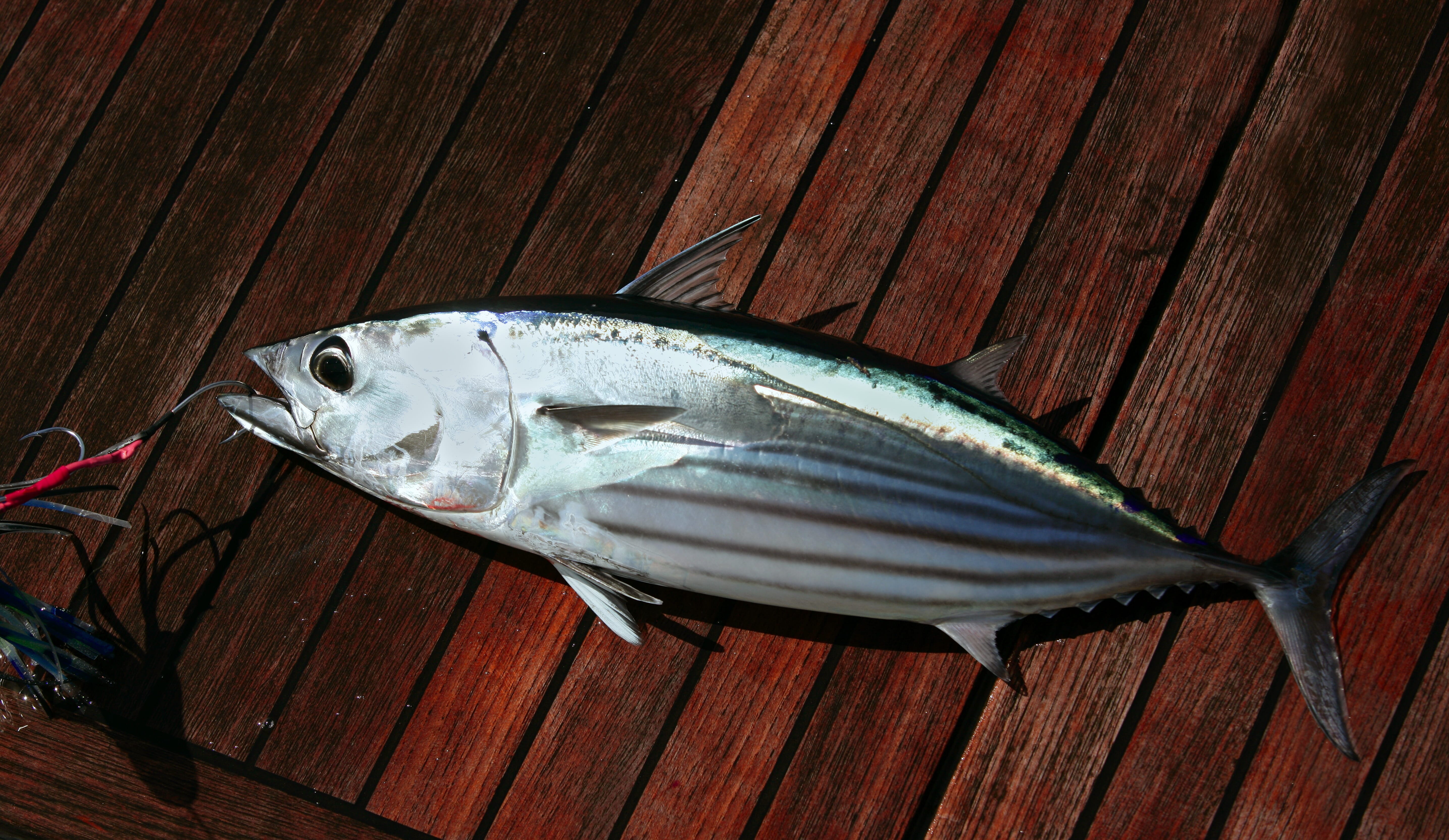The research, which was undertaken in conjunction with the University of British Columbia (UBC), suggests that some fish are more prone to stay within marine reserves where they are protected from fishing, while other fish will move around the ocean. The former will continue to live in the protected areas, pass this behaviour on to their offspring, and contribute to future generations to increase the overall stock.
“Even for fish like tuna and sharks that spend a lot of time far from shore, marine reserves are an important conservation tool,” said Jonathan Mee, lead author of the study and a faculty member at Mount Royal University, who conducted this research while completing a postdoctoral fellowship at UBC. “We used mathematical modelling to find out under what conditions marine reserves might push fish to evolve to escape capture.”
In a collaboration between UBC’s Biodiversity Research Centre and the Sea Around Us project at the Institute for the Oceans and Fisheries, researchers modeled the movements of skipjack, bluefin tuna and great white sharks.

They found evidence that, within 10 years of creating new marine reserves, the movement pattern of tuna could change, although it would take up to five decades for the longer-living great white shark to change. They also found evidence that the greater the fishing pressure close to the reserves, the faster the fish would evolve to stay in the protected space.
The researchers argue there is a need to create more marine reserves because fishing operations have grown exponentially in recent decades, leading to a global catch decline of 1.2 million tonnes of fish per year.
“The boats got bigger and now we can cover the entire range of the tuna. The distance doesn’t protect them, depth doesn’t protect them, nothing protects them except our decision to remove ourselves from certain areas in the form of marine reserves,” said Daniel Pauly, principal investigator of the Sea Around Us project and a co-author of the study. “A well-controlled marine reserve would, at least in part, protect against the effect of overfishing outside the reserve.”
These findings show fisheries managers, conservation planners, environmentalists and professionals in the fishing industry the effectiveness of marine reserves.
“The reserves are likely more effective than previously thought in preventing extinction for some species, protecting biodiversity and even acting as an insurance policy,” said Sarah Otto of UBC’s Biodiversity Research Centre.
The study was published last week in Evolutionary Applications.

